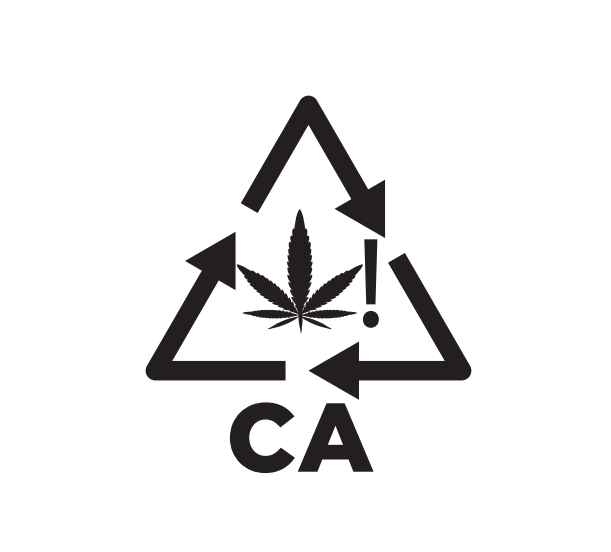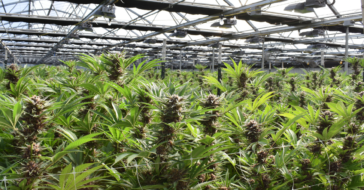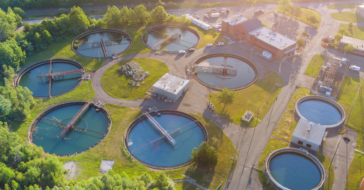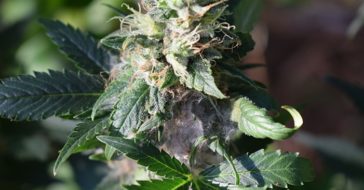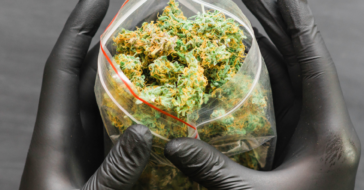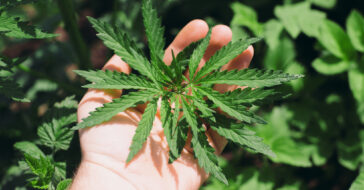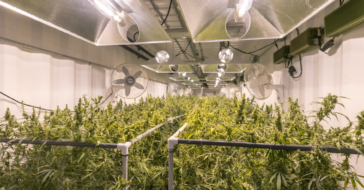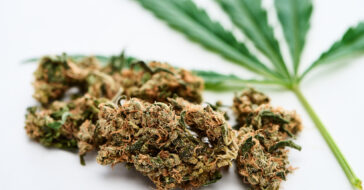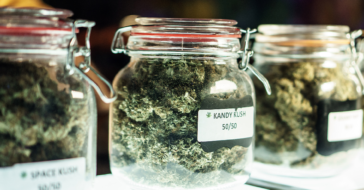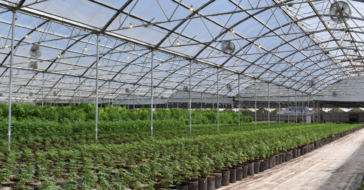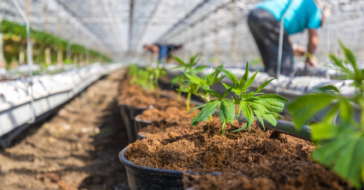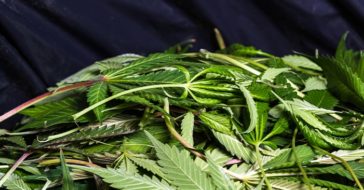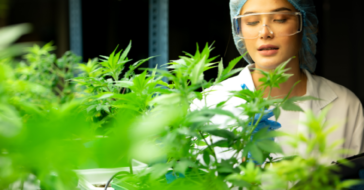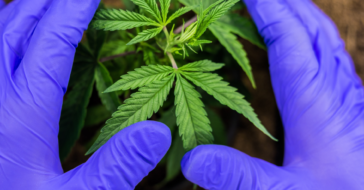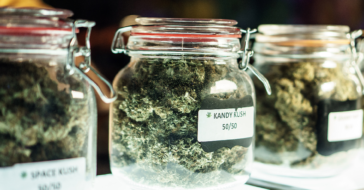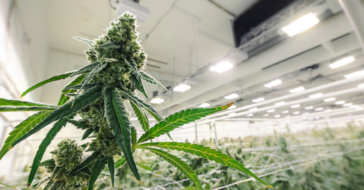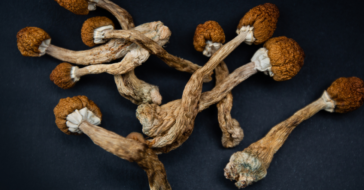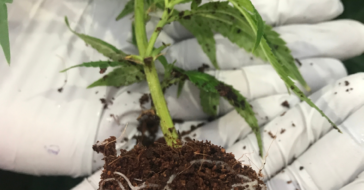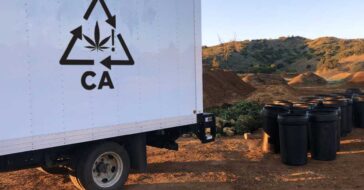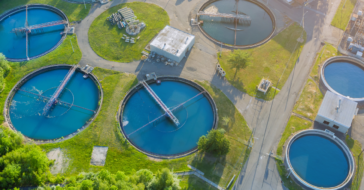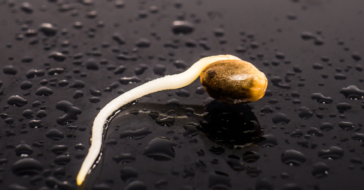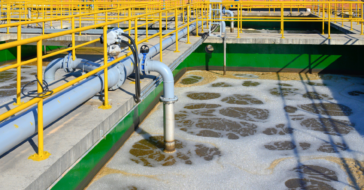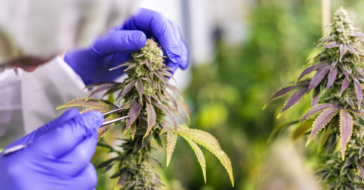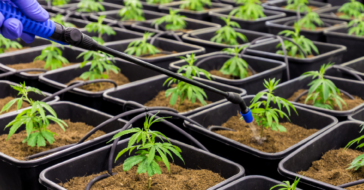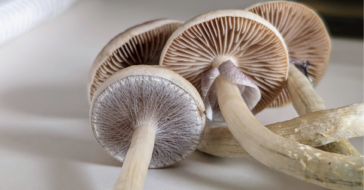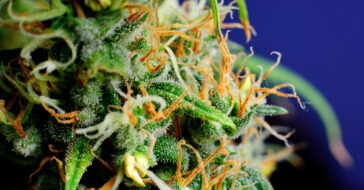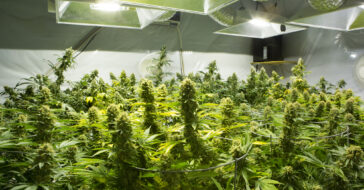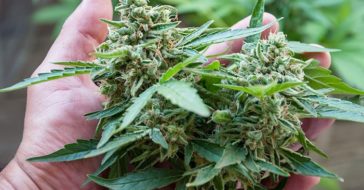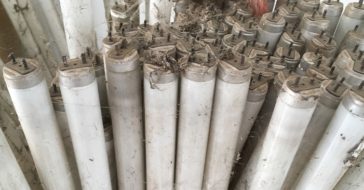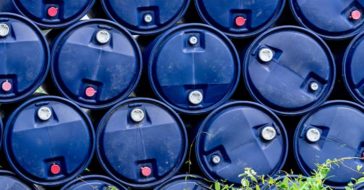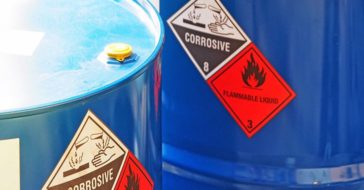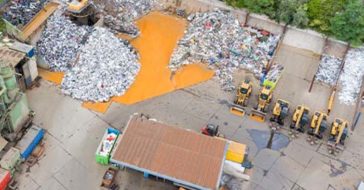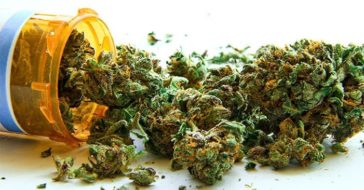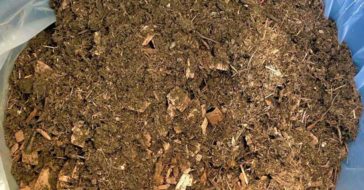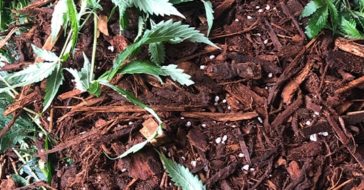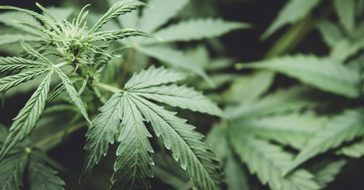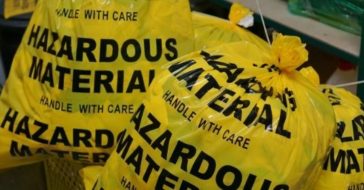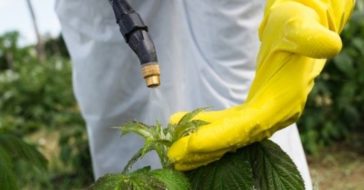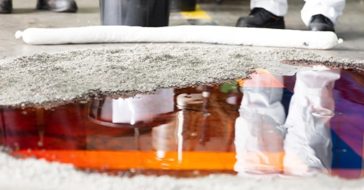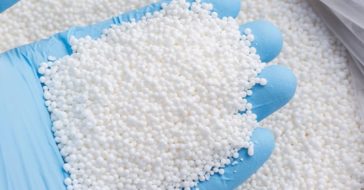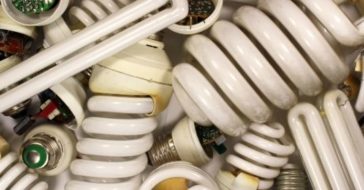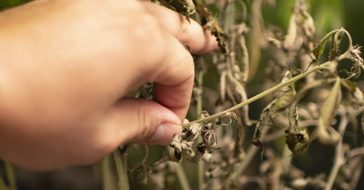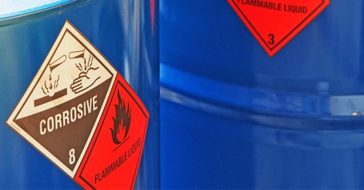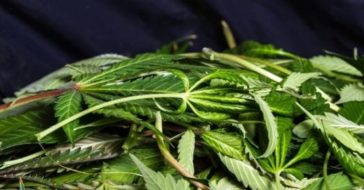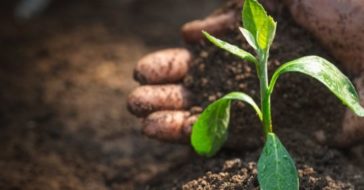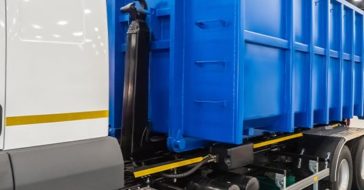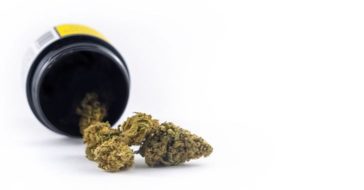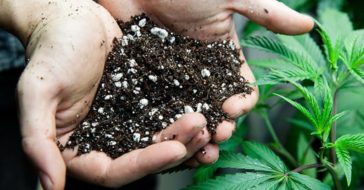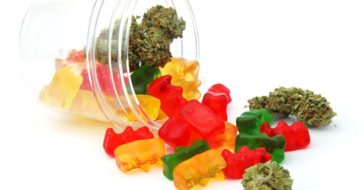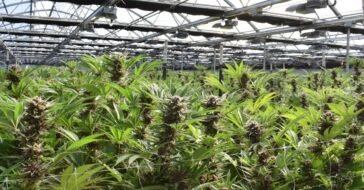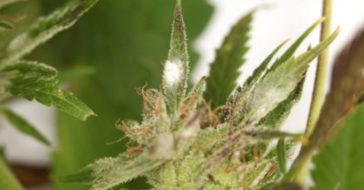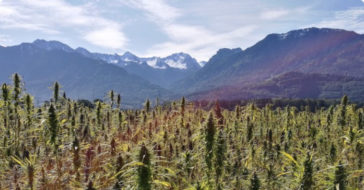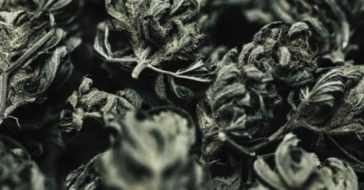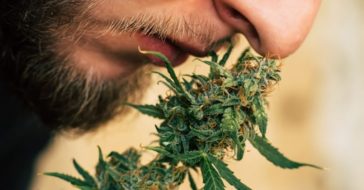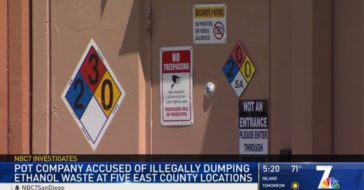There are a lot of misconceptions surrounding the legal hemp industry and how it differs from the cannabis industry. Hemp is a byproduct of cannabis plants that can be used for a variety of industrial purposes. As opposed to cannabis products, hemp possesses mostly CBD (Cannabidiol) with very little to no THC (Tetrahydrocannabinol) cannabinoids. Hemp waste is often thrown into a landfill after cannabis cultivation instead of being recycled despite the fact its use as biomass goes well beyond the plant from which it derives. Check out some different benefits to recycling hemp listed below.
Understanding Recycled Hemp Products
There has been a renewed interest in hemp production in the United States and North America as a whole since the passing of the 2018 Farm Bill, legalizing the hemp cultivation process. This legislation was the first step in acknowledging hemp as its own unique product rather than something that comes from cannabis.
The cannabis cultivation process leaves behind loads of hemp biomass, which is often thrown out into landfills. Although biomass is often synonymous with waste, this raw material can actually be recycled for many purposes.
Hemp Byproduct Opportunities
The hemp industry is starting to grow because it is such a practical product. From building materials to animal care, there are several opportunities and benefits to recycling hemp products that growers should consider before discarding.
-
Hempcrete
This biocomposite material is composed of hemp hurds and lime, sand, or pozzolans. In addition to hempcrete’s building purpose, it also serves as a foolproof insulation material.
-
Hemp Board (Hemp Plywood)
Like other industrial hemp products, the most significant benefit might be that these products are an eco-friendly alternative to traditional forest products. Hemp board is a versatile resource, and in addition to its physical building purpose, it can also be used for insulating sound and heat.
-
Hemp Seed Oil
Using hemp oil can be very beneficial for the skin. The fatty acids that hemp oil contains fight against inflammation, atopic dermatitis, and even anti-aging properties.
-
Hemp Paper
Hemp paper decomposes at a much slower rate than its wood pulp counterpart. This means it does not yellow with age. Additionally, hemp paper production is much faster than wood pulp. One acre of hemp stalk can produce as much paper as 4-10 acres of wood pulp.
-
Birdseed
Hemp seed is not just beneficial for humans. The oily basis containing three of the six Omega fatty acids and several other amino acids makes it a nutritional component for birdseed.
As the cannabis industry grows, more industrial hemp production opportunities will be available, making it even less necessary to chalk up this incredible biomass as cannabis waste. The hemp plant can be a stepping stone to many other alternative resources that will replace traditional methods.
Responsible waste management is crucial in this growing industry. Easy Cannabis Waste provides total waste management solutions, prioritizing safety and affordability to benefit you and the environment. If you are looking for a California hemp waste management plan, request a free consultation today to learn more about our services!

